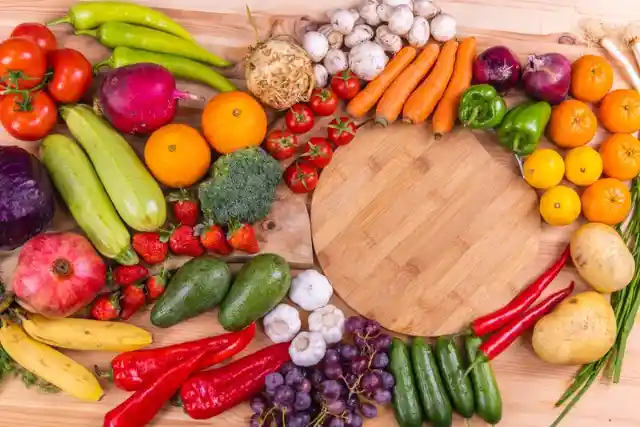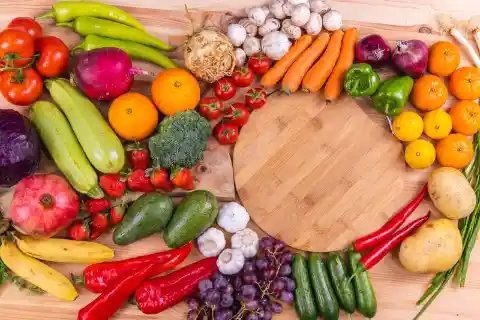Vitamins are important in a healthy lifestyle. A shortage of certain vitamins can ultimately have unpleasant consequences. In this article, we zoom in on vitamin A. What is this vitamin and what does a vitamin A deficiency look like?


What is vitamin A?
To understand the consequences of a vitamin A deficiency, it is important to know what this vitamin is. Vitamin A is a vitamin that dissolves in fat. It is found in animal products, particularly in the liver. In addition, your body also makes the vitamin itself from carotenoids. These are substances found in fruits and vegetables, such as carrots.
How do I know if I have a vitamin A deficiency?
It is important to know that whether you have a deficiency varies from person to person. It has to do with your lifestyle and how you take vitamin A. For example, vitamin A consists of carotenoids, such as beta-carotene, which your body converts into vitamin A (also called retinol). To calculate how many substances are involved, first convert the amounts of carotenoids to the amount of retinol. And unfortunately, this is quite a tricky calculation. It is therefore best to eat a healthy and varied diet and in case of symptoms of vitamin A deficiency, contact your doctor.


Symptoms of a deficiency
To know whether you (may) have a vitamin A deficiency, it is important to know what symptoms to look out for. Do you doubt that you are getting enough of the vitamin and are you experiencing the symptoms below? If so, visit your doctor for a checkup.
Known symptoms of vitamin A deficiency are:
- Deteriorated vision
- A dull skin
- It can play a role in acne
- Dull hair
- Night blindness
- In the worst case, blindness
What can you do about it?
It is, of course, best to eat a healthy and varied diet to combat a vitamin deficiency. The vitamin is found in oranges, tangerines, mangoes, and bananas, among others.
Beta-carotene is converted by your body into vitamin A, which is mainly found in orange and yellow fruits and vegetables. Besides carrots, spinach, broccoli, cauliflower, squash, and peppers are also sources of beta-carotene. And in addition, you can also get vitamins from dairy products and fats.
Still not getting enough of the vitamin? Then you can get it from supplements, but be careful. Too much vitamin A can be harmful to children and pregnant women!